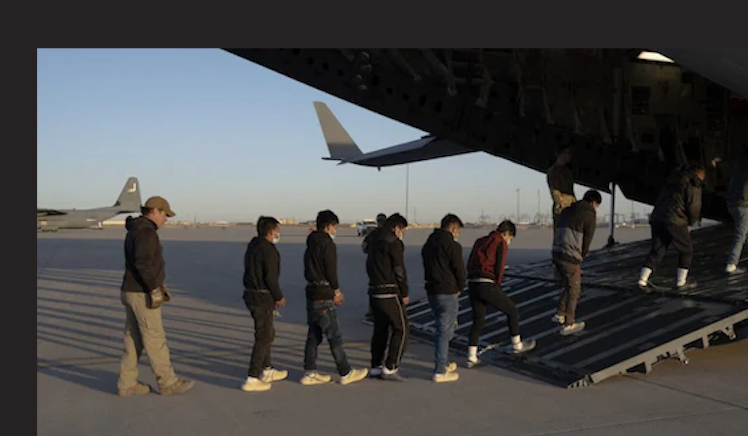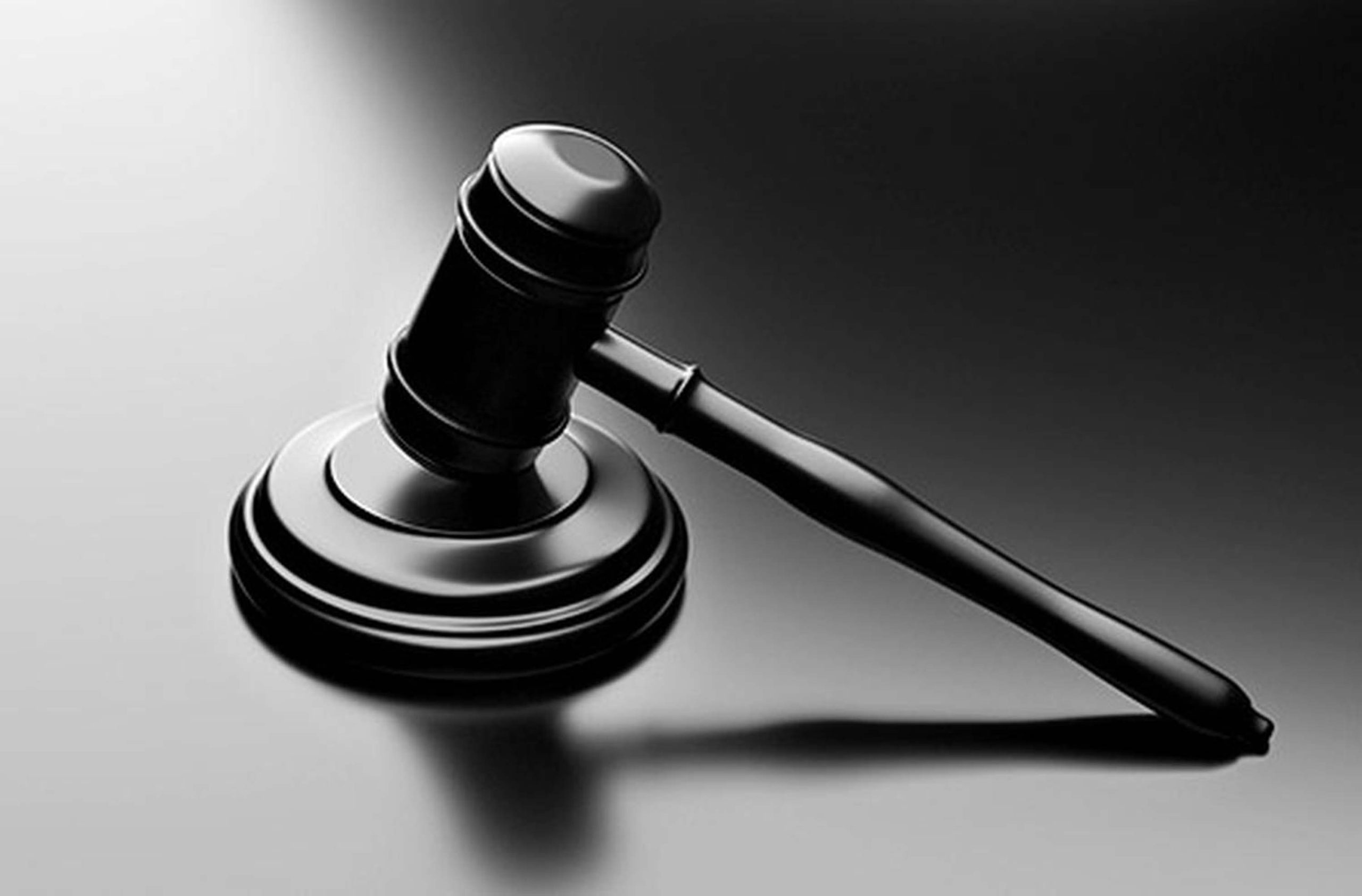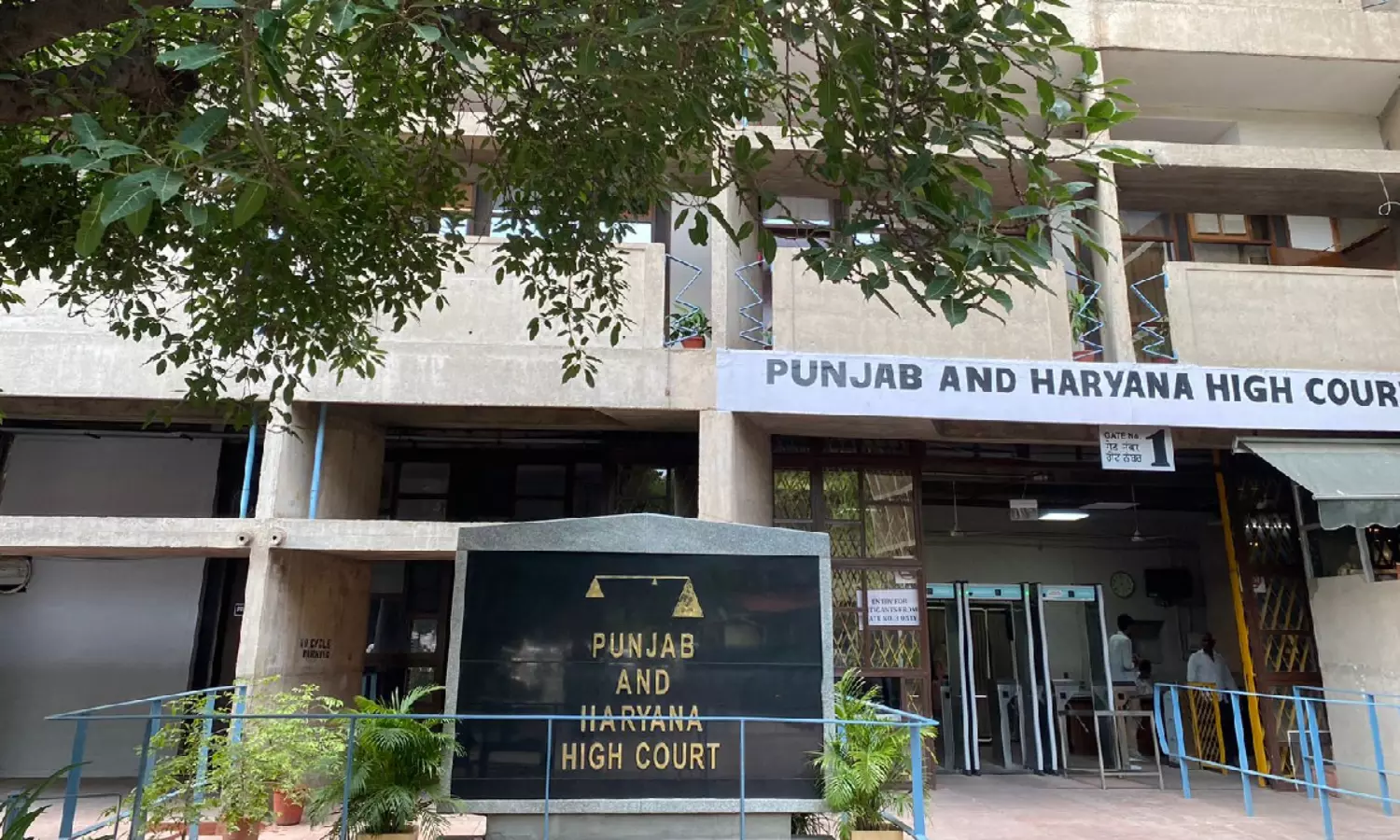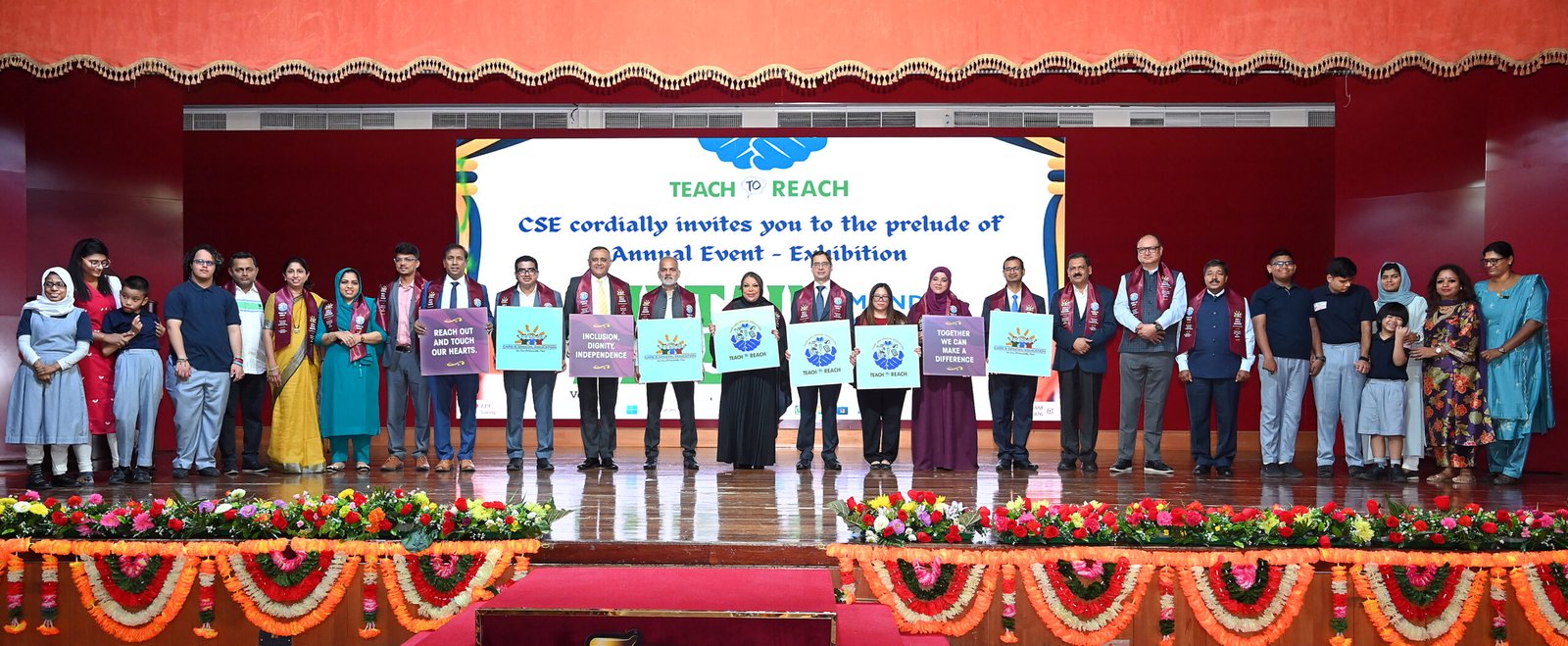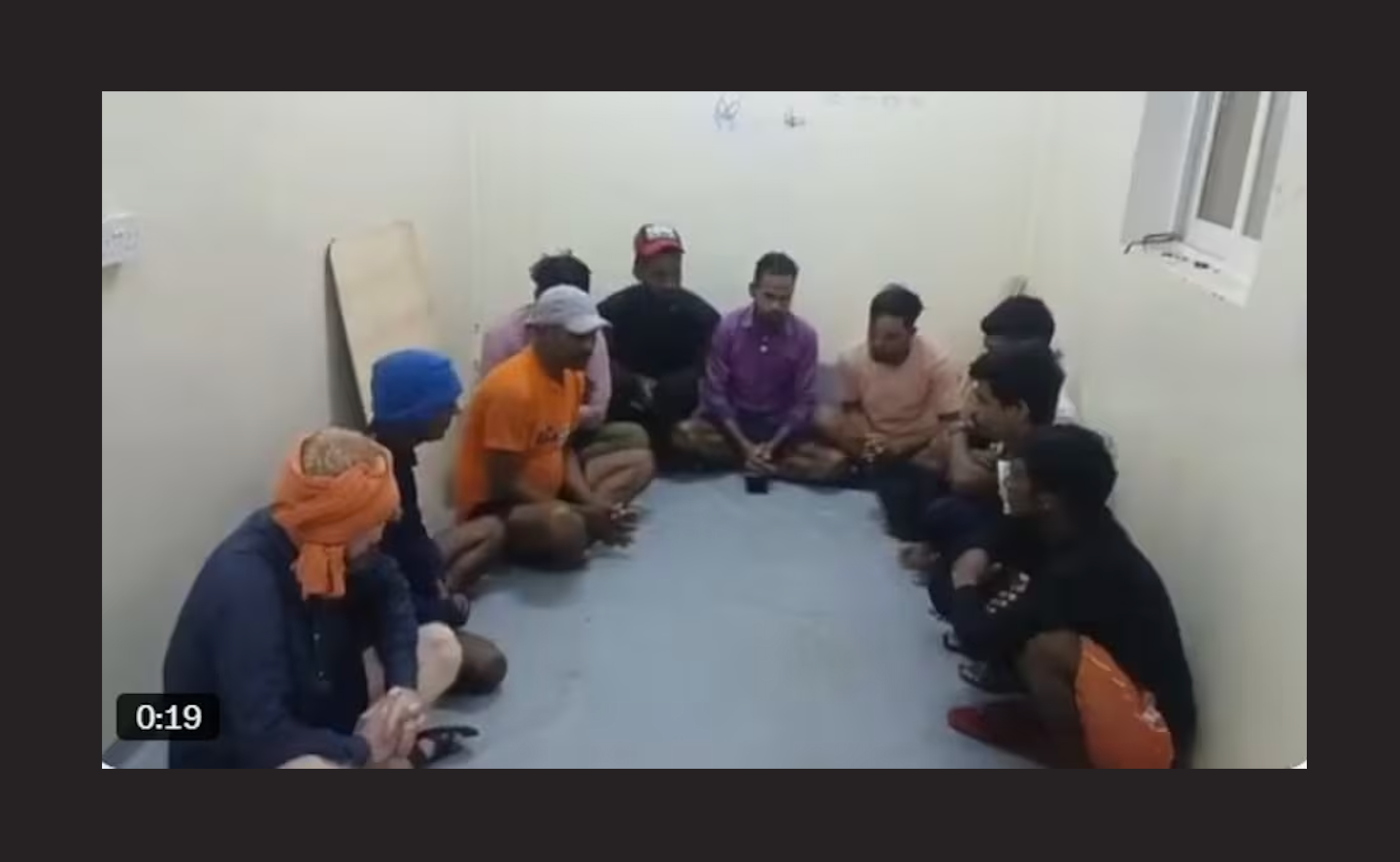Soon after purchasing a piece of land in 1968 Sopan Narsinga Gaikwad came to know that the original land owner had taken loan against that land. The original land owner defaulted the loan and the bank sent defaulter notice and a property attachment order to Gaikwad
Due to many factors late delivery of justice, particularly in Civil matters, is a common practice in India. The case of 108-year-old man, who fought his case for 53 years and died a few days before the Supreme Court of India agreed to hear his plea, is perhaps the best example of ‘justice delayed is justice denied’ in recent times.
Destiny dragged this 108-year-old man from Maharashtra into litigation some 53 years ago. And it was his destiny only that after years of struggle, the Supreme Court agreed to hear the old man’s plea on July 12, but he was no more even to hear that his case has been taken up by the apex court.
“High Court did not deal with the merit of the case and the matter was dismissed due to non-appearance of the advocate.”
— Justice Chandrachud.
Interesting to understand Sopan Narsinga Gaikwad’s plight and his fight for the case that pertained to a piece of land that he purchased in 1968. He got the registered sale deed done in his name.
Soon after, he came to know that the original land owner had taken loan against that piece of land. The land owner defaulted the loan and the bank sent defaulter notice and a property attachment order to Sopan Narsinga Gaikwad.
The gentleman fought and fought and died without seeing any light at the end of tunnel. A law abiding citizen died without getting any relief from the temples of law.
Instead of going into jargon of words it is better to see how he started his legal battle 53 years ago and died just a few days before the Supreme Court decided to take up his matter.
- 1968 – Gaikwad filed a case in Trial Court against the previous owner and the bank after he got attachment notice against the property.
- 1982 – Gaikwad’s claim that the bank should recover the loan by selling other properties of the original owner, was endorsed by the Trial Court. The Trial Court ruled in his favour on September 10, 1982.
- 1987 – The original owner moved in the first appeal, after which the decree was reversed in 1987.
- 1988 – Gaikwad goes to the Bombay High Court in the second appeal. The case remained pending in High Court for 27 years.
- 2015 – High Court dismissed the case.
- 2019 – (February 13) Gaikwad approaches Supreme Court.
- The Supreme Court Bench comprising Justices D Y Chandrachud and Hrishikesh Roy issued a notice on the application for condonation of delay of 1,467 days and 267 days in moving the apex court against the Bombay High Court orders dated October 23, 2015.
- Being an old man and living in a remote village, he was not aware of the High Court’s verdict, so he approached the Supreme Court late, says Late Gaikwad’s counsel.
- Even Late Gaikwad’s counsel did not have clue about passing away of his client due to communication gap and situation arising out of Covid-19 pandemic.
- “High Court did not deal with the merit of the case and the matter was dismissed due to non-appearance of the advocates,” observerd Justice Chandrachud.
- Now the legal heirs of Late Gaikwad will represent the case.


